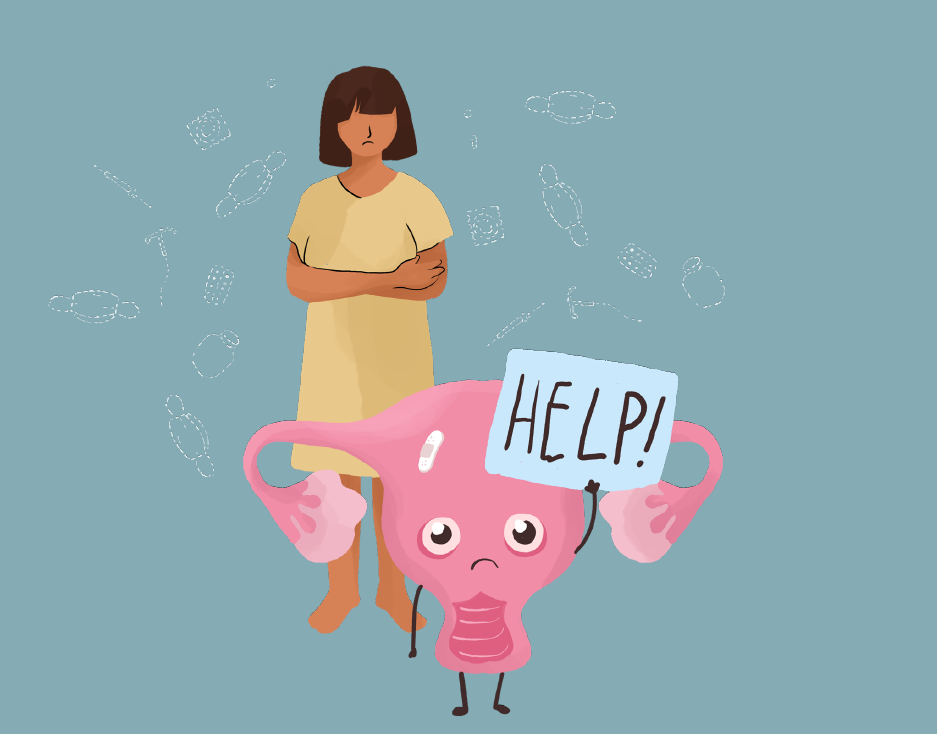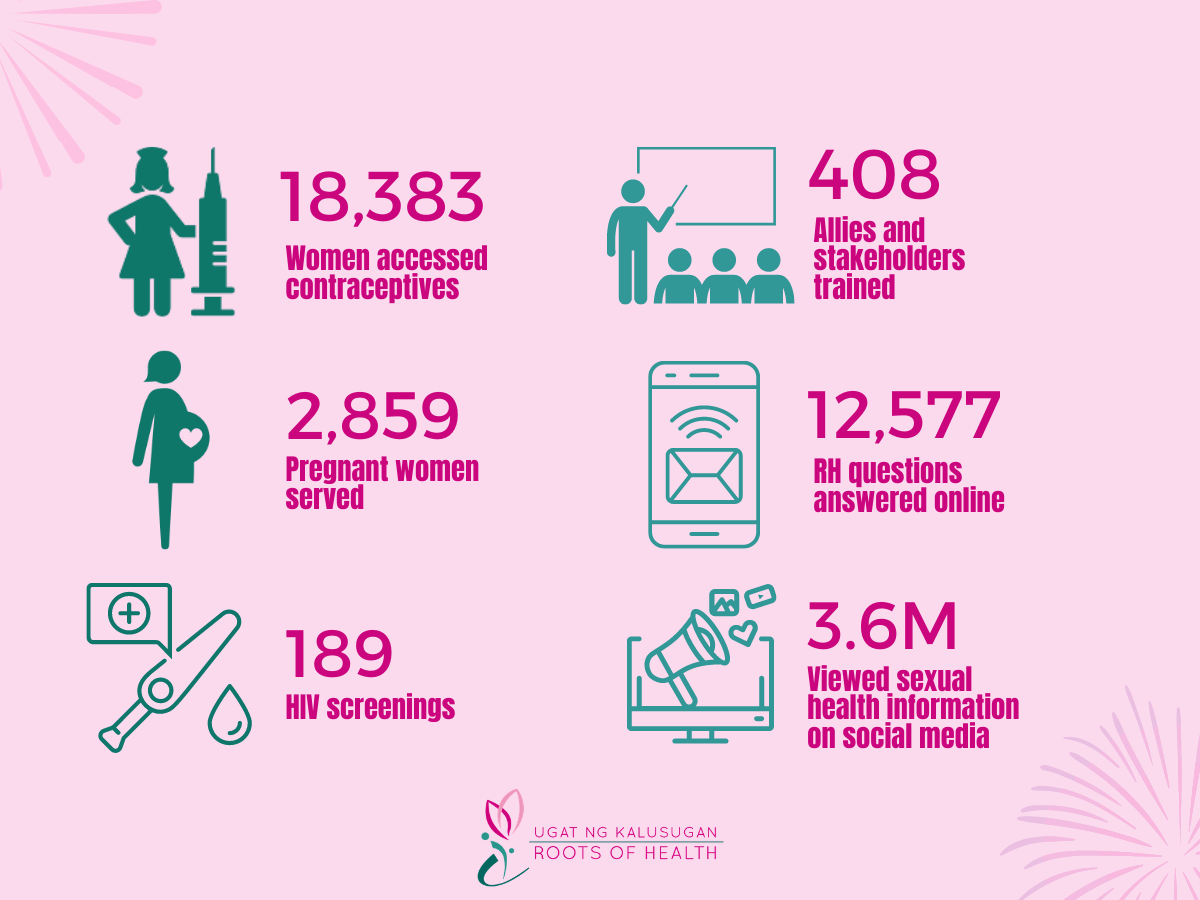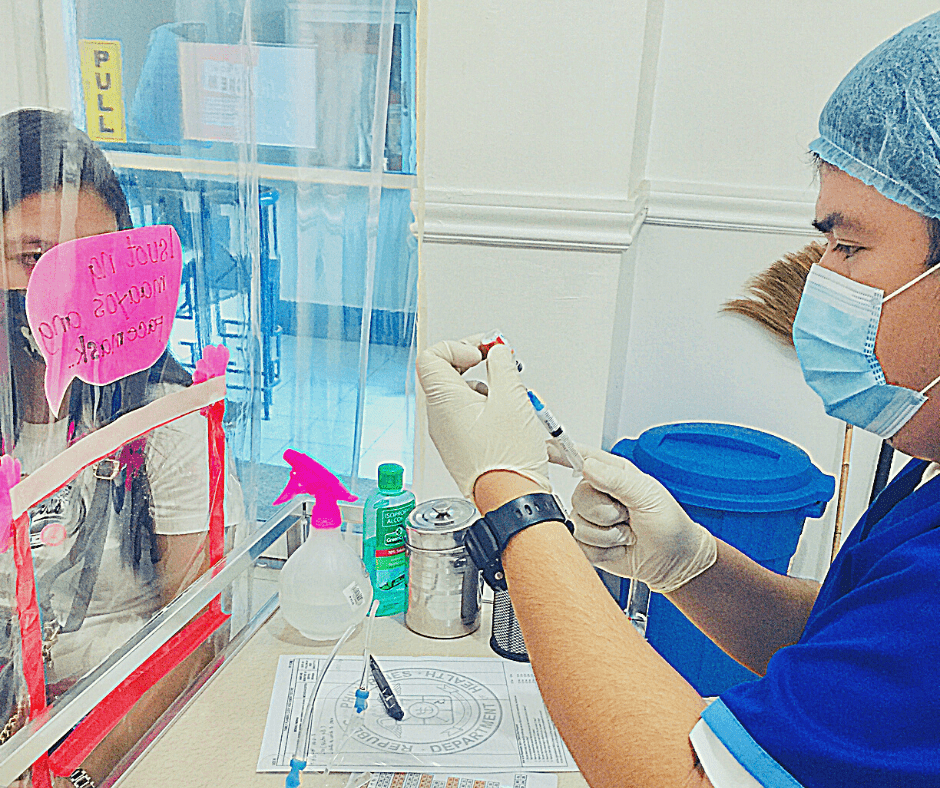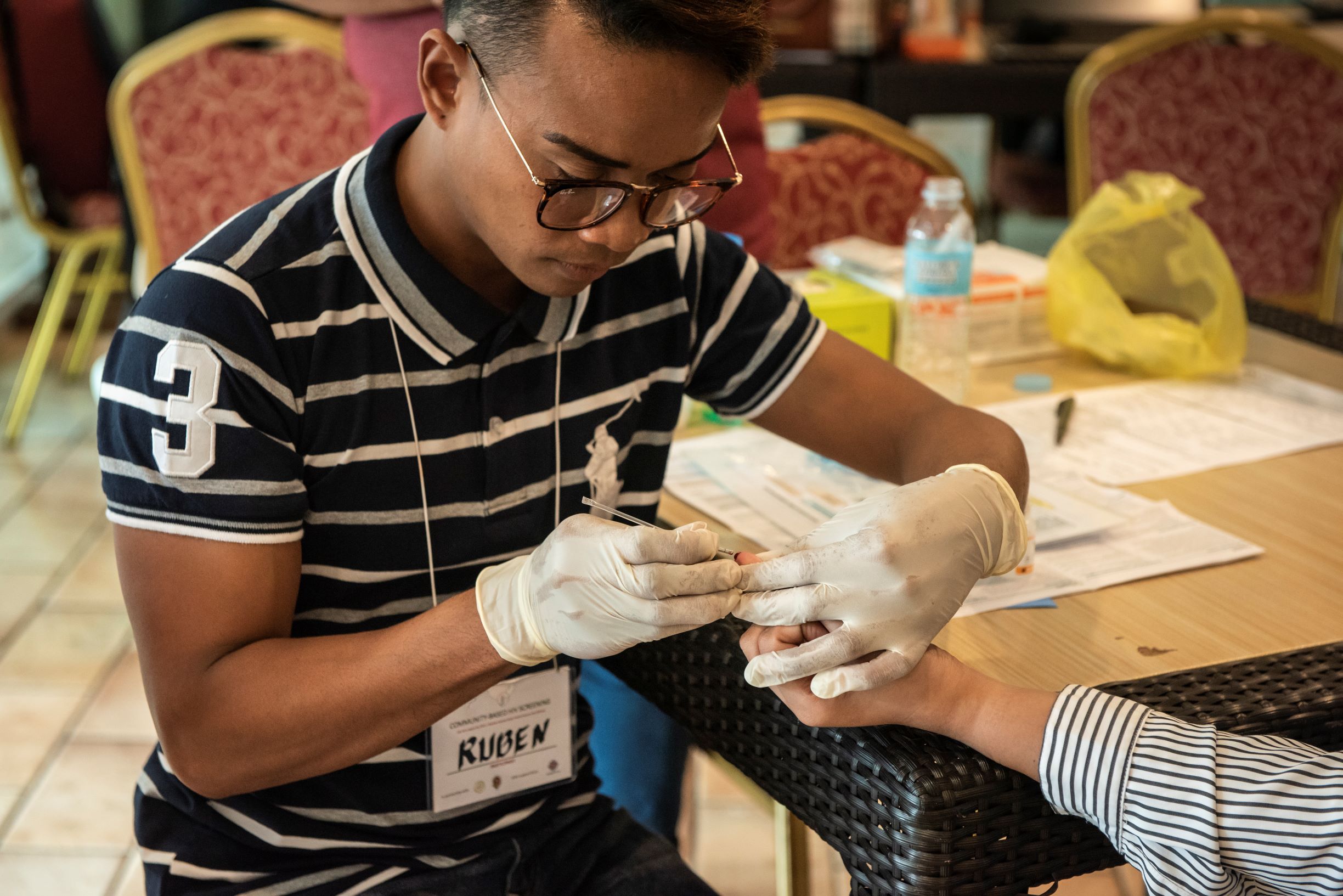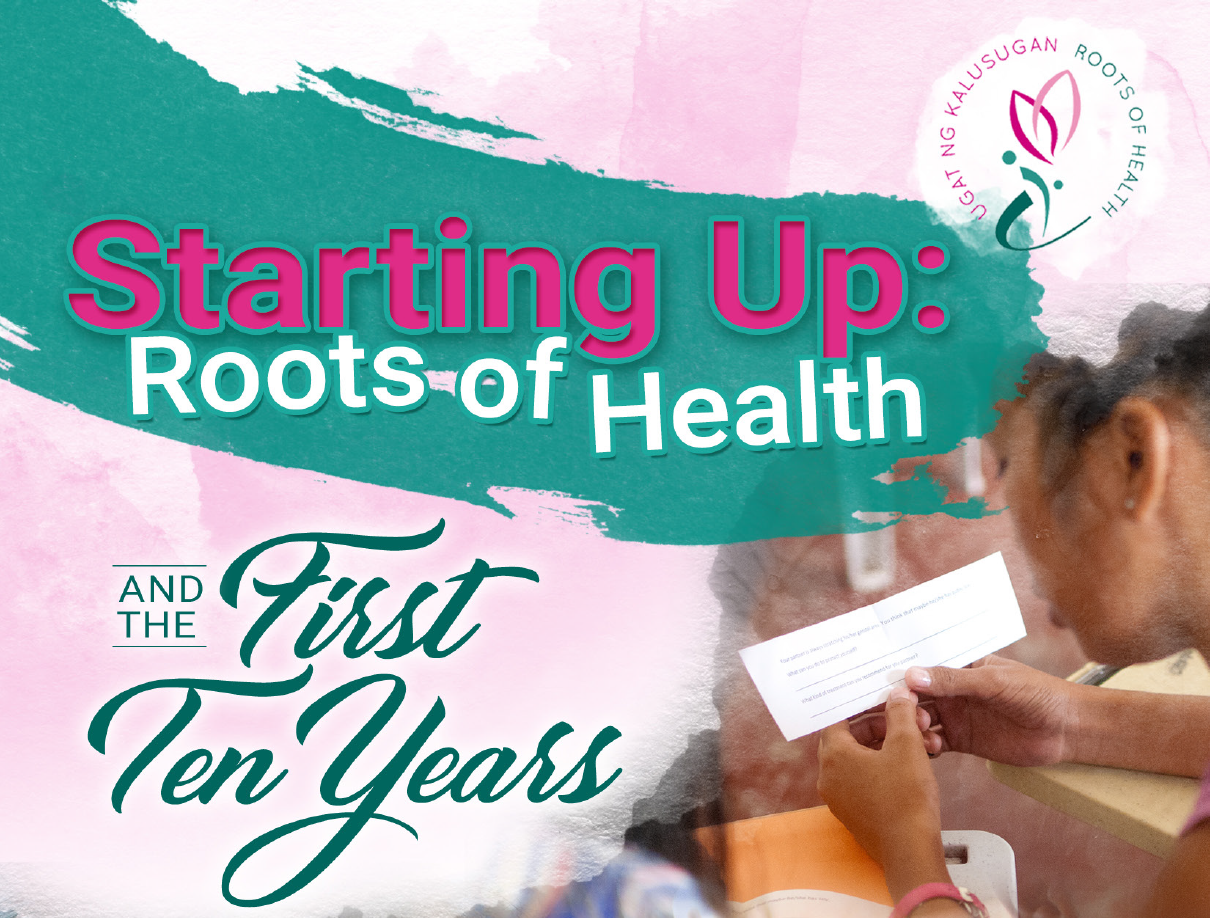09
Jul 2021
Roots of Health Launches Guide on Providing Continued Reproductive Health Services During COVID-19
by Romar Miranda Puerto Princesa City, Palawan, PHILIPPINES―In an effort to help address the reproductive health disparities and vulnerabilities that women and young people face during the COVID-19 pandemic, Roots of Health (ROH), in partnership with WomenStrong International, is launching its Learning Product, “Communities, Contraceptives and COVID-19: Ensuring Continued Access to Reproductive Health Services in the New Normal” on Friday, July 9, 2021. The Learning Product was ROH’s brainchild after
by Justine Ang Fonte, Roots of Health Board Member Good afternoon, graduates, professors, and proud families. I am Justine Glo Ang Fonte, the daughter of Glorietta Zapata Ang of Bagabag, Nueva Vizcaya and Samuel Ang Fonte of Romblon, Romblon. Today is truly a celebration because here I am, Zooming in from Lenape Territory as a Filipina child of colonization, giving a speech to all of you, recipients of a graduate
by Lhen Hasal Schools are still closed due to COVID-19 restrictions, and young people are still unable to be on their campuses to learn and interact with their teachers and classmates. Because of this, our teachers are also unable to provide in-person reproductive health classes by hopping in a van, taking a boat ride, or even climbing uphill. But this doesn’t mean that students don’t need this information anymore. COVID-19
COVID-19 created so many challenges to the work we do. But because the pandemic put more women and young people’s lives at risk, we knew we needed to make sure we could keep providing life-saving essential services, education, and stakeholder trainings. Thanks to our supporters, we managed to continue providing all this in 2020, and more. Here’s a quick recap of what we couldn’t have done without our passionate supporters
05
Nov 2020
Pinay Power Online Bazaar
As we approach the holiday season, you can help change women’s lives and take a piece of the Philippines with you, wherever you are, through “#PinayPower: A Pre-Holiday Online Bazaar.” Shop from any of our partner brands from November 6-12, and 20% of every purchase you make will directly support reproductive health programs, including free birth control, HIV testing, prenatal checkups and comprehensive sexuality education. Here are five fabulous ways
13
Oct 2020
Reproductive Health in Disasters
A disaster can make people forget about existing problems, but it doesn’t make them disappear. In fact, a disaster is more likely to worsen existing inequalities and vulnerabilities. In celebration of International Day for Disaster Reduction, Roots of Health takes a stand for reproductive health services. Birth control, prenatal care, and HIV testing and treatment remain essential as we build disaster-resilient communities, and especially more so in immediate disaster response.
Can an internship from home still be fulfilling? A development studies senior shares her experience as a Roots of Health summer intern.
The only midwife in town could’ve been in high school with their mom. The pharmacist goes to the same church. Someone could be eavesdropping at the hospital and hear them asking about an HIV test. In places like Palawan, Philippines, where almost everyone knows everyone, young people often fear getting a pregnancy test, an HIV test, or contraceptives. To them, accessing services could mean other people finding out that they
Photo by Katherine Jack, August 2019 HIV did not disappear because of COVID-19. In fact, it could get even worse. We’re seeing more positive cases in our clinics since lockdown restrictions have eased up and more people can go out to get tested. Still, many people find it hard to access testing and treatment for HIV. Restrictions to movement of people and supplies are still in place. This could lead
Advocates, health care workers, educators, parents, and civil service organizations can learn a thing or two from how a small organization in Palawan changed thousands of women and young people’s lives. As a professor at Palawan State University, Susan Evangelista witnessed how her students dropped out of school after getting pregnant, usually unplanned. She saw, through her students, that unplanned pregnancies usually derailed young women from what would’ve been a
